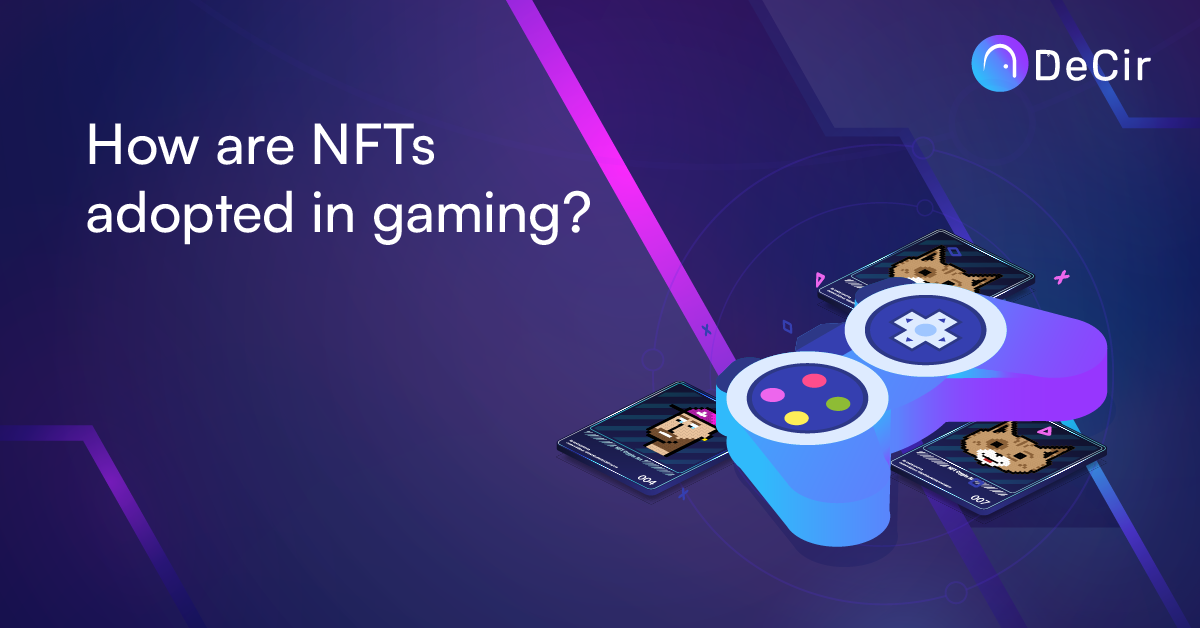The traditional gaming industry is known to create games and gaming assets while maintaining control over all-in-game assets. While players sometimes have to make in-game purchases, they do not own assets and cannot transfer them from the gaming ecosystem. NFT has changed this narrative, giving players control over digital assets and creating a new way to earn through asset sales and play-to-earn.
TL;DR
- The traditional gaming industry is primarily characterized by total control by game developers who see players are consumers
- The introduction of NFT to the gaming industry has shifted control to players by giving them ownership rights over in-game assets
- Gaming NFT has ushered in the era of play-to-earn which is set to be the future of gaming
The Traditional Gaming Landscape
The gaming industry has been one of the best-performing sectors globally for decades. Statistics have shown a year-on-year revenue growth in the gaming industry over the past decade. Projections also show that revenues from gaming will continue to grow over the next decade. Revenue from video games alone is expected to reach $221 billion in 2023 while the number of players is expected to grow up to almost 3 billion. A report from PwC estimates that the global gaming market will reach $321 billion by 2026.
While all of these statistics are impressive, the traditional gaming landscape does not give players control or ownership over digital assets. Oftentimes, players have to make payments to acquire in-game assets that they cannot own outside of the game. This structure effectively makes game players mere consumers who have to pay for everything without getting anything in return.
NFT in Gaming Industry
The introduction of NFT to the gaming industry has brought about a shift in the status quo. NFTs now make it possible for players to acquire and own in-game assets. Players have absolute control over these assets and they can choose to hold them swap them, or outrightly sell them to other players on dedicated marketplaces. It is also possible for players to move their assets from one gaming ecosystem to another.
Today, NFT is revolutionizing the gaming industry. NFT has led to the emergence of the “play-to-earn” economy, where players can play games to earn rewards such as game tokens and other NFTs. Rewards earned can then be traded on marketplaces for real money.
NFT has taken gaming beyond pleasure. It has introduced a way for players to earn rewards while doing what they love to do. According to a report, the global NFT gaming market will grow by 32.5% in cumulative annual growth rate (CAGR) between 2022 and 2027.
Is NFT the Future of Gaming
There is no doubt that NFT is the future of gaming. The entire gaming industry has already accepted this reality. More NFT-centered games have also been in development in recent years than ever before. Play-to-earn will further create an incentive for players seeking to earn passive income through gaming.
If you wish to learn more on how DeCir is helping the gaming industry and other Web3 projects achieve scalability, then you should read the article here.
Conclusion
NFTs are playing an all-important role in the evolution of the gaming industry. They have helped to change the dynamics of control and asset ownership in gameplay. NFTs also give players an added incentive to engage in gameplay.


